China's Ministry of Commerce (MOFCOM) on Tuesday urged the U.S. to immediately cancel the additional tariffs on Chinese products and vowed to take resolute measures to defend its rights over U.S.' announcement to increase tariffs on Chinese products including electric vehicles (EVs)
The plan to impose additional tariffs will mark another significant escalation in Washington's multi-year, ill-conceived campaign to crack down on emerging Chinese industries that are gaining global prominence, experts said, noting that the politically motivated move won't stop the rise of relevant Chinese industries, due to their small presence in the U.S. market.
The Biden administration announced new tariff rates Tuesday on several Chinese products, including a major hike in levies on Chinese EVs.
Starting this year, President Joe Biden will quadruple tariffs on imported Chinese electric vehicles, from 25 percent to 100 percent. The tariff rate on lithium-ion EV batteries will more than triple to 25 percent.
The announcement also added new tariffs on solar equipment and semiconductors.
The import tax on Chinese solar cells will double, from 25 percent to 50 percent in 2024. Starting in 2025, tariffs on imported Chinese semiconductors will jump from 25 percent to 50 percent.
Chinese medical supplies such as syringes and needles will also face additional tariffs of 50 percent.
The MOFCOM slammed the U.S. move, saying that it is a politicization and weaponization of trade issues and a typical case of political manipulation that will seriously impact the atmosphere for bilateral cooperation.
The U.S. decision to increase the tariffs goes against President Biden's commitment of not seeking to suppress China's development, and not seeking to decouple with China. It is also not in line with the spirit of consensus reached between the two heads of state, the MOFCOM said.
China's Foreign Ministry vowed earlier on Tuesday to take "all necessary measures" to safeguard the nation's legitimate rights and interests.
The move is part of the Biden administration's plan to revise the Trump era tariffs, known as "Section 301 tariffs," so as to target China's strategic industries. The Chinese EV industry, which has been rising rapidly to global prominence, has become a top target for the U.S. crackdown, experts said.
"The development of China's new energy industry, including new-energy vehicles, photovoltaic and lithium battery products, is causing increasing anxiety for the U.S., so now they are suppressing our emerging industries," Wei Fulei, a research fellow with China Development Institute, told the Global Times on Tuesday.
The new plan comes after U.S. officials have in recent weeks been hyping accusations of "overcapacity" in Chinese new-energy industries, which they say poses risks to U.S. industries and jobs. Chinese officials have repeatedly slammed such accusations as an attempt to create a pretext for Washington to take protectionist, bullying actions against China's emerging industries.
Commenting on the U.S. tariff plan at a press briefing on Tuesday, Wang Wenbin, a spokesperson for the Chinese Foreign Ministry, said that China has always opposed violating WTO rules and unilaterally imposing tariffs. "China will take all necessary measures to safeguard its legitimate rights and interests," Wang said.
Wang also slammed U.S. officials' "overcapacity" claims, saying that the U.S. is engaging in protectionism, trampling on market economy principles and international economic and trade rules, and engaging in blatant bullying, and Wang warned the U.S. against repeating the mistake of protectionism.
Countermeasures
Chinese auto association on Monday blasts U.S. plan to impose higher tariffs on Chinese EVs, calling it typical protectionism.
China Association of Automobile Manufacturers (CAAM) on Monday slammed the U.S.' imposing higher import tariffs on Chinese electric vehicles, saying the industry's development needs global cooperation.
Experts said that any bullying actions by the U.S. will be countered.
"China will firmly oppose such moves, because this is absurd and extraordinarily unreasonable," He Weiwen, a senior fellow from the Center for China and Globalization, told the Global Times on Tuesday.
He noted that China has different options to counter Washington's moves that won't necessarily involve U.S. cars, but other areas. "How China responds specifically depends on what would be the most favorable opportunity and the most beneficial option for us."
As China responded firmly to previous U.S. bullying acts, including punitive tariffs, some U.S. officials expect a firm response from China on the new tariffs. U.S. Treasury Secretary Janet Yellen said this week that the U.S. could see a "significant" response from China, according to Reuters.
Chinese officials and experts slammed the U.S. move as politically motived amid toxic politics during an election cycle, since the U.S. administration's accusation that relevant Chinese products pose threats to the U.S. is baseless, given their minimal presence in the U.S. market. Also for the same reason, additional U.S. tariffs will not stop the rise of relevant Chinese industries, they said.
"[The U.S. move] will not have a major impact on relevant Chinese industries, because China exports a very small number of EVs to the U.S.," He said, adding that the U.S. plan is not based on economic considerations, but political optics that aim to show a tough stance on China.
China exports very few EVs to the U.S., with Geely being the only Chinese EV maker that exported to the U.S. in the first quarter, according to industry data. In terms of solar cells, exports to the U.S. only accounted for less than 0.1 percent of China's total exports in 2023, according to media reports.
In terms of the solar industry, over the years, the export of solar panels from China to the U.S. has significantly decreased due to U.S.' protectionism, Wei said.
Moreover, the move could also backfire on the U.S., as it will not help build its domestic capacity, experts said.
"It seems that U.S. politicians woke up from a hangover after decades of consumerism, during which they cared for consumption and not production. Now, they want to rebuild their manufacturing capacity, but the horse has already bolted. The solution would be exactly the opposite of what they are doing, that is, they should rebuild their capacity with the help of - and not against - Chinese industrial power," Claudio Celani, economic editor of news magazine Executive Intelligence Review, told the Global Times.
Zhang Xiang, Director of the Digital Automotive International Cooperation Research Center of the World Digital Economy Forum, told the Global Times that as China has already taken the lead in the new-energy sector, with the largest industry chain globally, any attempt by the U.S. to boycott Chinese products and components would also result in losses for the U.S..
"The automotive industry is now highly internationalized and interconnected, and it is not feasible for any country to produce vehicles in isolation," Zhang said.








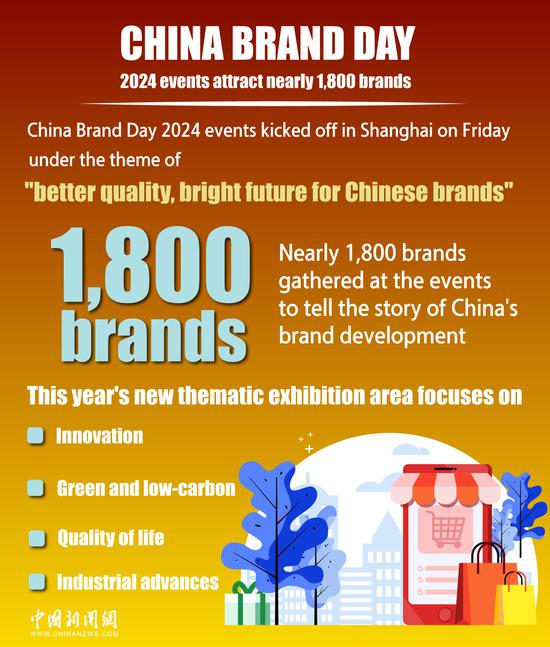



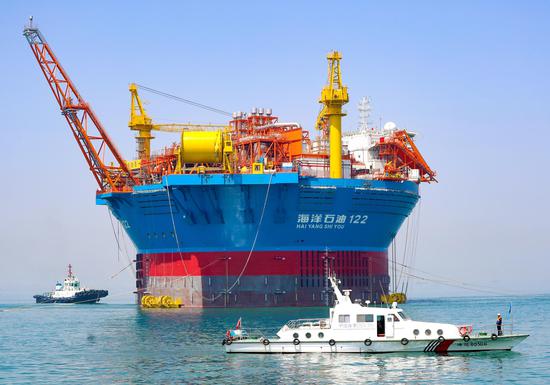
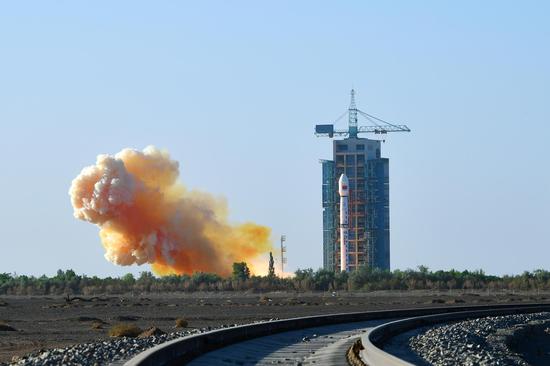


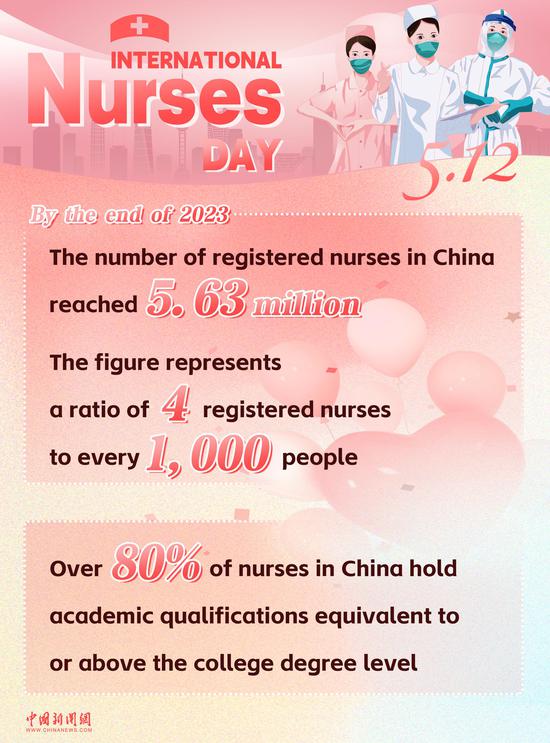

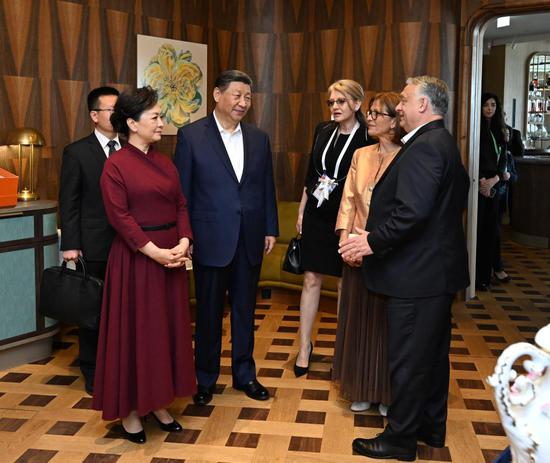
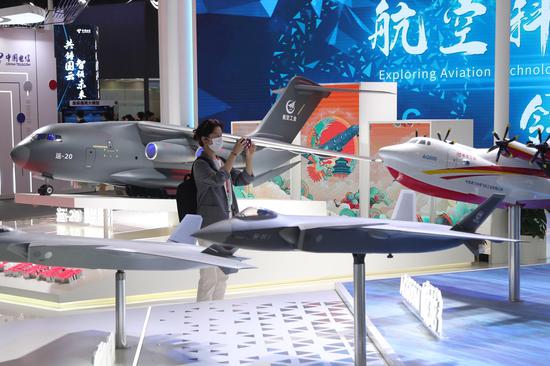




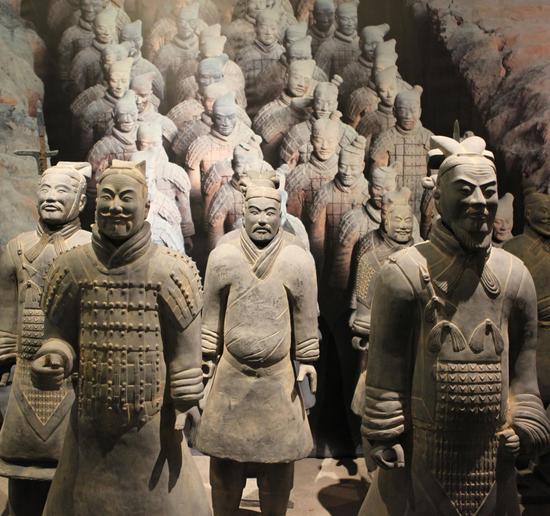


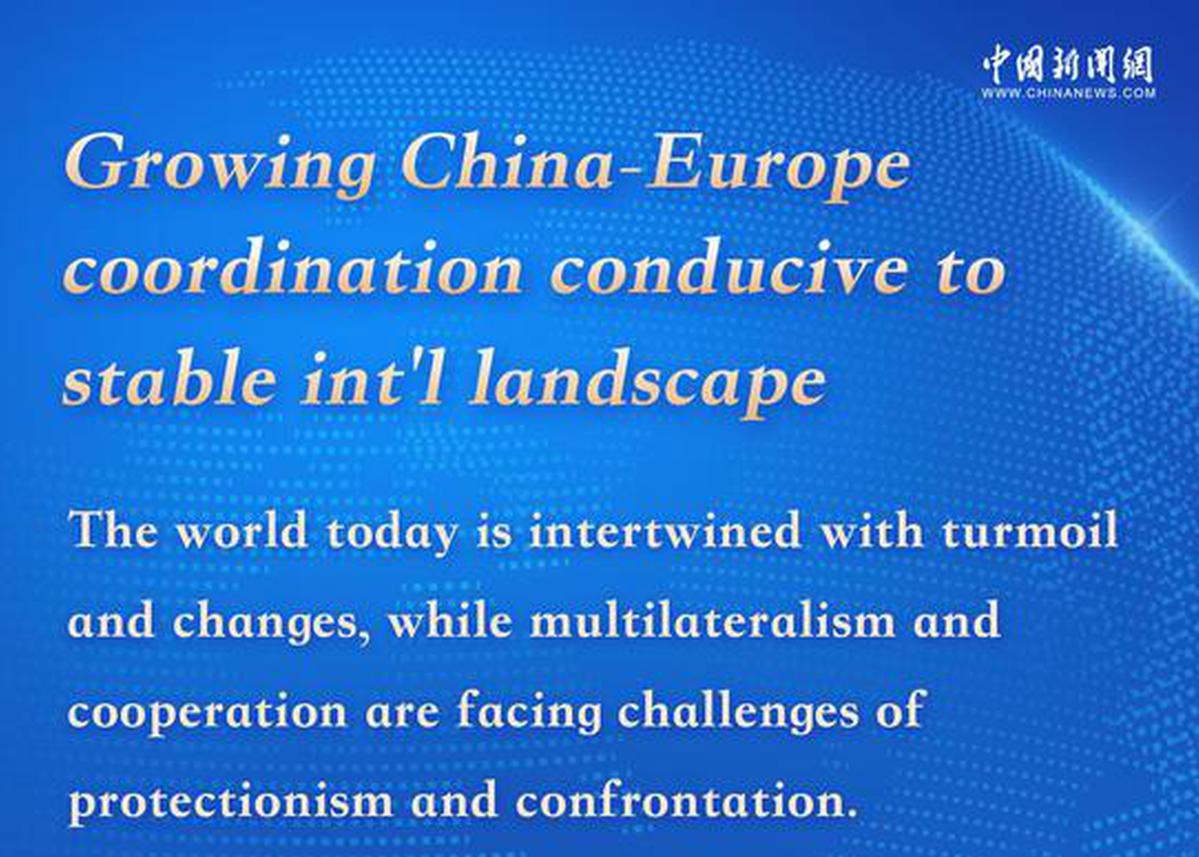
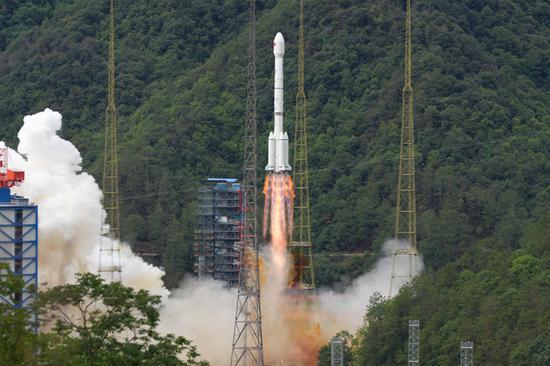


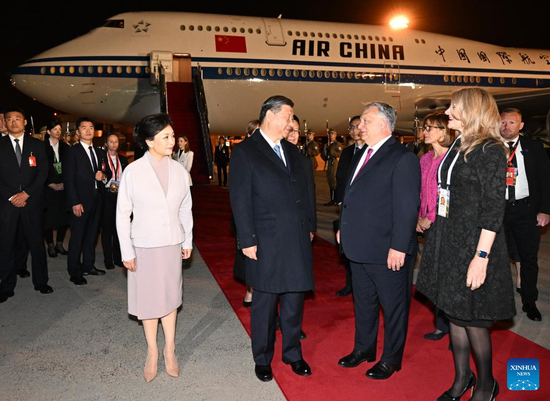
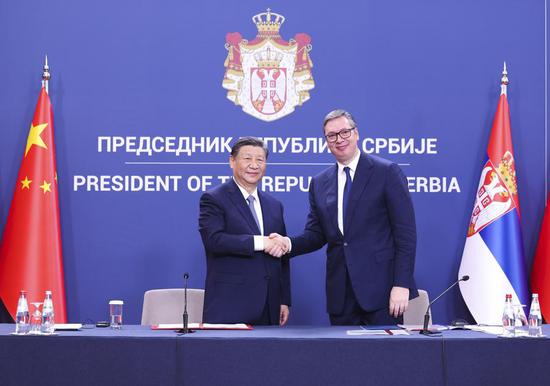
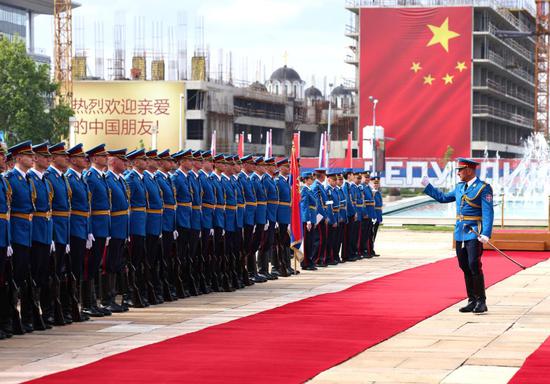

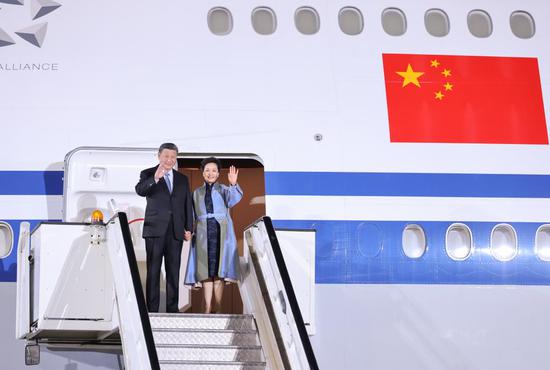
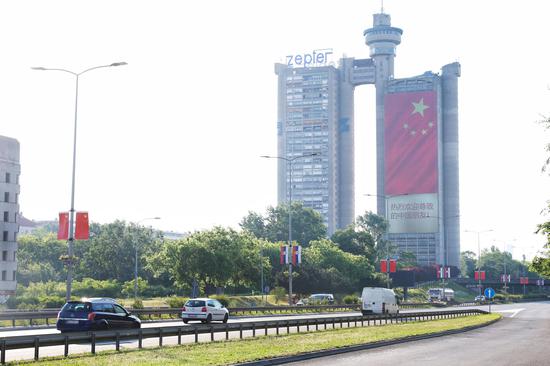

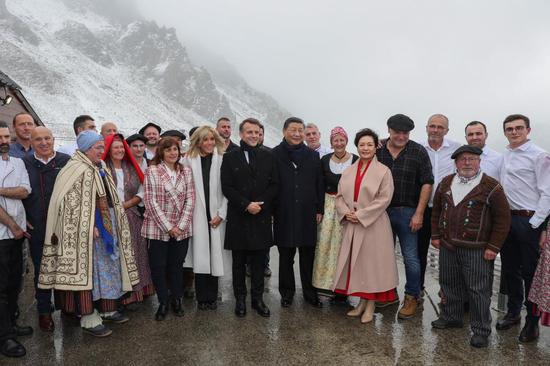
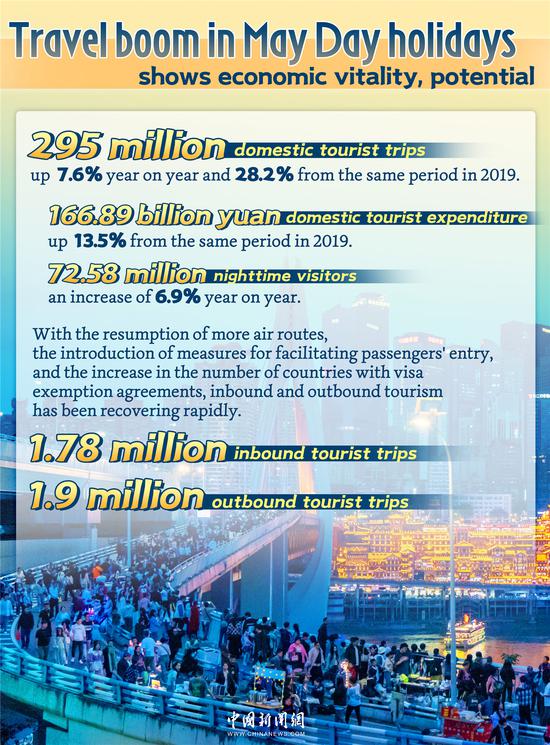
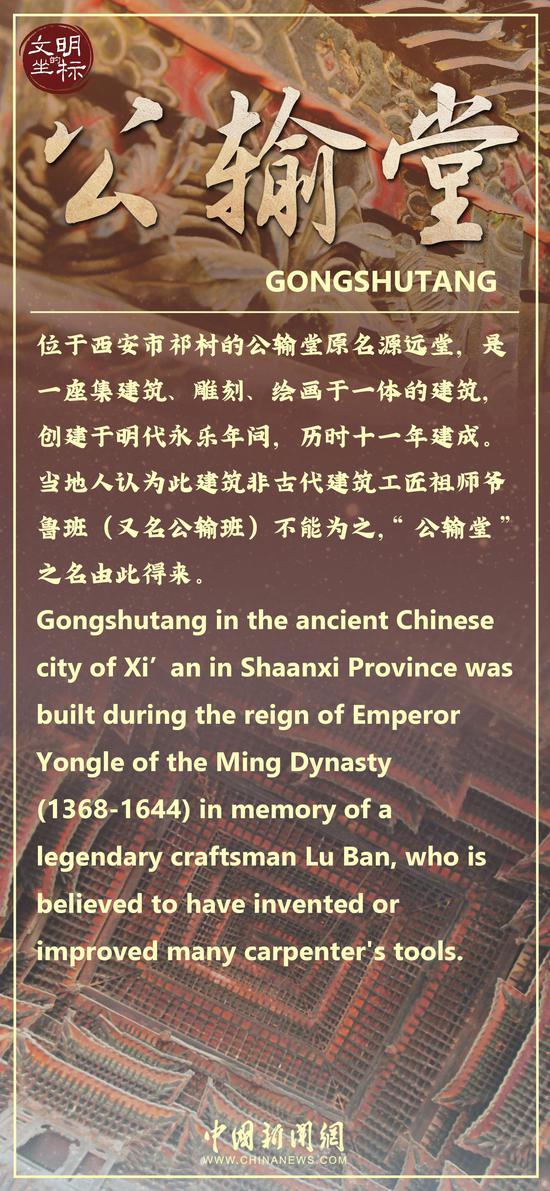
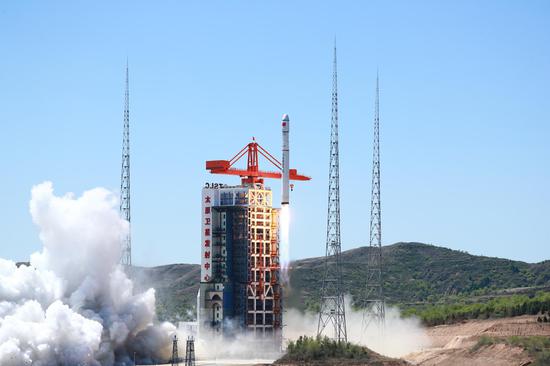

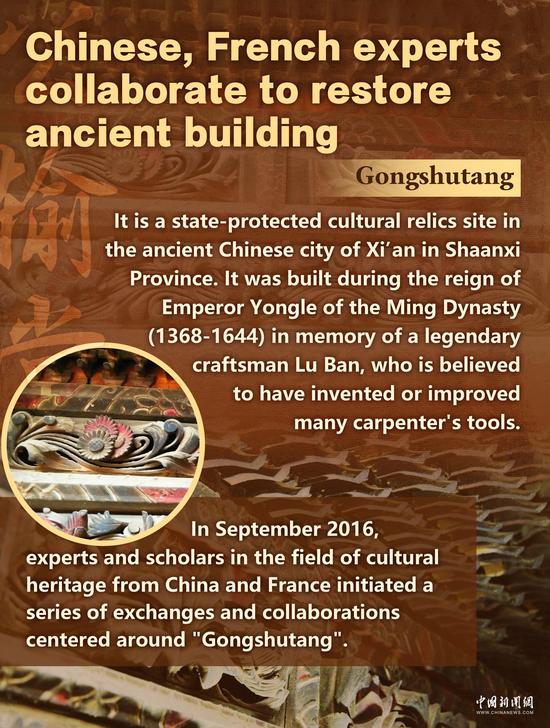





 京公网安备 11010202009201号
京公网安备 11010202009201号